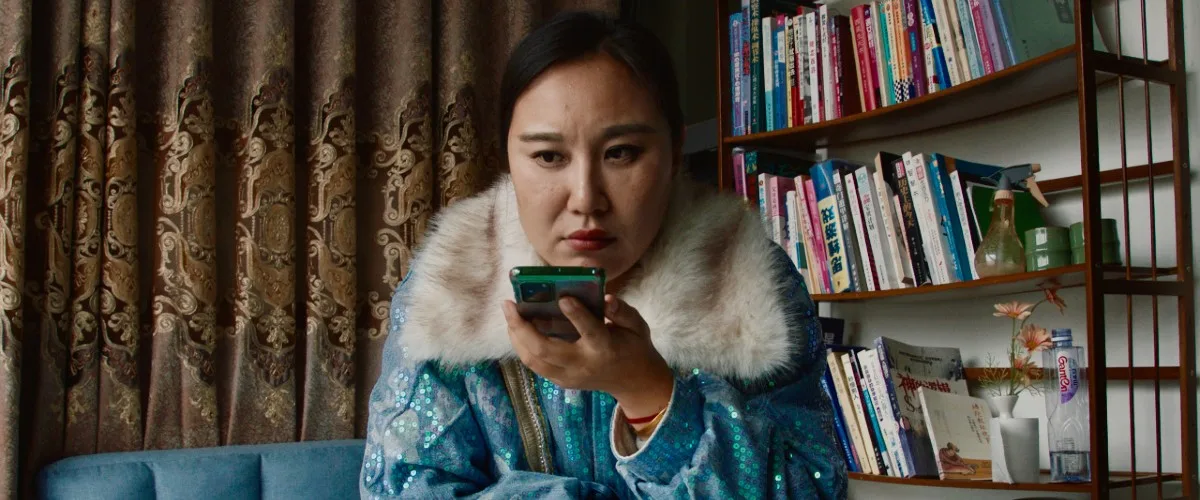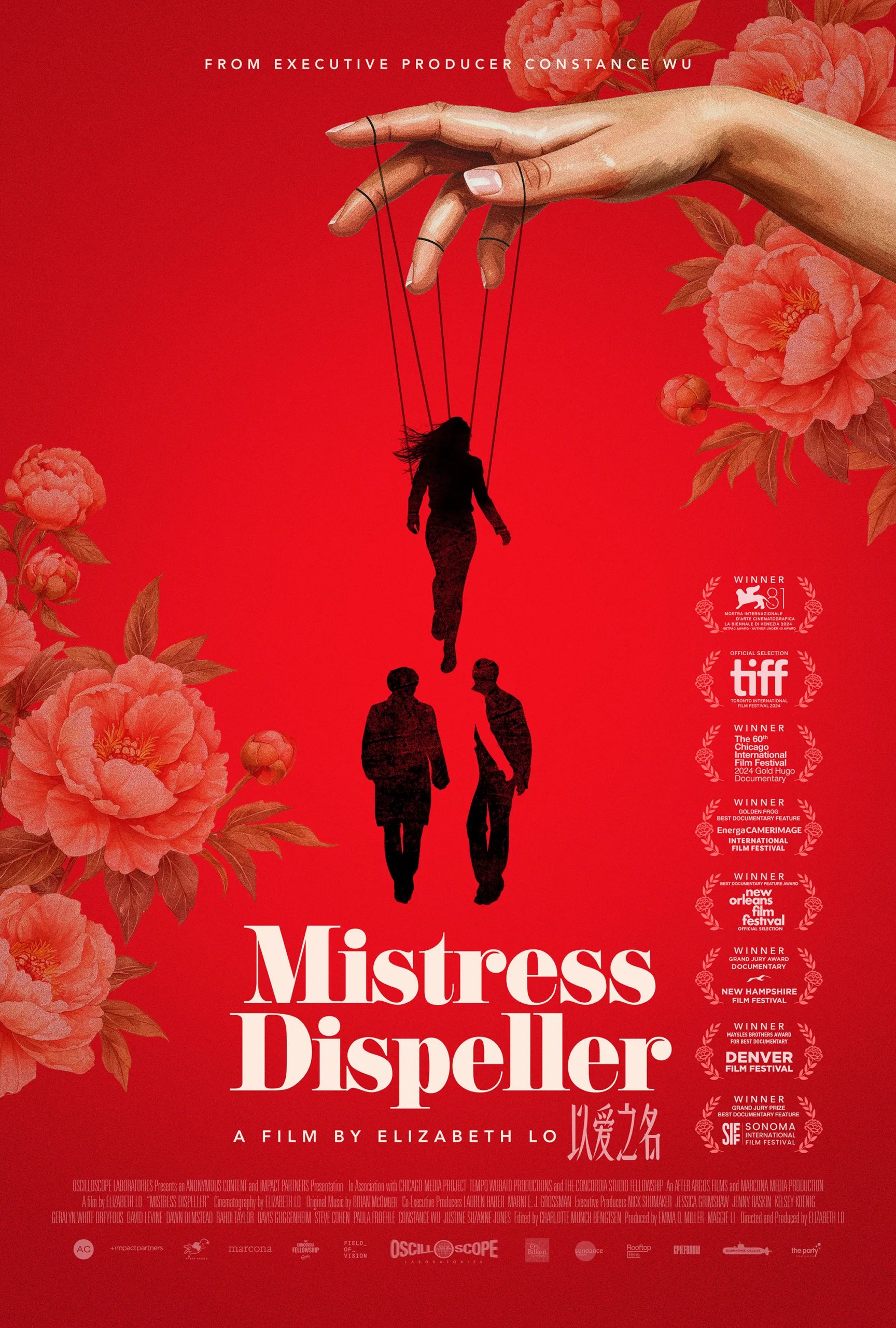Imagine discovering that your husband is having an affair. Then imagine enlisting a third party—kind of like a trusted friend, except you’re paying her thousands of dollars for her services—to talk to him about it on your behalf. Then, imagine a few weeks or months have passed, and this friend comes back to you and asks you if you’d be willing to sit down with your husband’s mistress to talk things out. Now imagine doing all of this on camera.
This scenario is exactly what unfolds in Elizabeth Lo’s new documentary “Mistress Dispeller,” which follows a Chinese woman named Wang Zhenxi who’s made a career out of negotiating one of the most delicate scenarios any romantic relationship can ever face. Wang is part of the growing profession that gives Lo’s film its title, and she’s an expert in ingratiating herself first with heartbroken wives, then their philandering husbands, and finally with the often-misguided women who seek solace in relationships with married men.
Wang’s skill in navigating these relationships presumably aided Lo as she attempted to gain intimate access to her subjects; in this way, “Mistress Dispeller” is a collaboration between the two women, backed by their respective crews and business associates. But credit must also be given to Mr. and Mrs. Li, the middle-aged married couple at the heart of the story, as well as the mistress in question, Fei Fei, for agreeing to expose their emotional lives on film.
In many ways, “Mistress Dispeller” is discreet. Lo and Wang carefully avoid addressing the trio’s sex lives and financial situations, and the Li family’s children barely appear on camera. As a result, we don’t learn much about these people as people—the Lis like to play badminton, and Fei Fei lives in the provinces and takes multiple trains into the city to see Mr. Li. Beyond that, they remain archetypes, each playing their role in a drama as old as humanity itself.
Normally, this would limit a documentary’s capacity for emotional engagement. But the impact here is minimal, due to Lo’s foregrounding of the emotional content of the story. She occasionally pulls back for aerial views of massive, impersonal apartment blocks and crowded city intersections, emphasizing the loneliness of contemporary Chinese urban life. These are intercut with soothing nature footage, and the combination carries the implication that what we’re seeing unfold in the film is both understandable and insignificant in the grand sweep of life on Earth.
Lo’s camera is restrained and unobtrusive, preferring to observe subjects in long, dispassionate wide shots. Some of these are quite artistically—and coolly—composed, underlining a deliberate attempt to eschew sensationalism on the filmmakers’ part. Some of Wang’s techniques are a bit eyebrow-raising: Her initial approaches of both Mr. Li and Fei Fei are both predicated on deception, and in the end she does work for Mrs. Li and is therefore pushing a specific agenda.
Again, however, “Mistress Dispeller” isn’t really about Wang, or her methods. (By the end of the film, we know even less about her private life than we do about Fei Fei’s.) It’s about the mysteries of the human heart. Its exploration of these subtle depths is sensitive, as are its conclusions.
On that note, what really makes “Mistress Dispeller” so remarkable is the way that its focus gradually shifts from Mrs. Li to Fei Fei, ending on the “other woman” mustering up the courage to continue her life alone. Her fear of loneliness is treated with compassion, as Fei Fei clings to the illusion of a future with Mr. Li like the warm mug of tea she grips during an emotional heart-to-heart midway through the film. Condemning her would be easy. But “Mistress Dispeller” makes a much braver choice by actually listening to what she has to say.




















